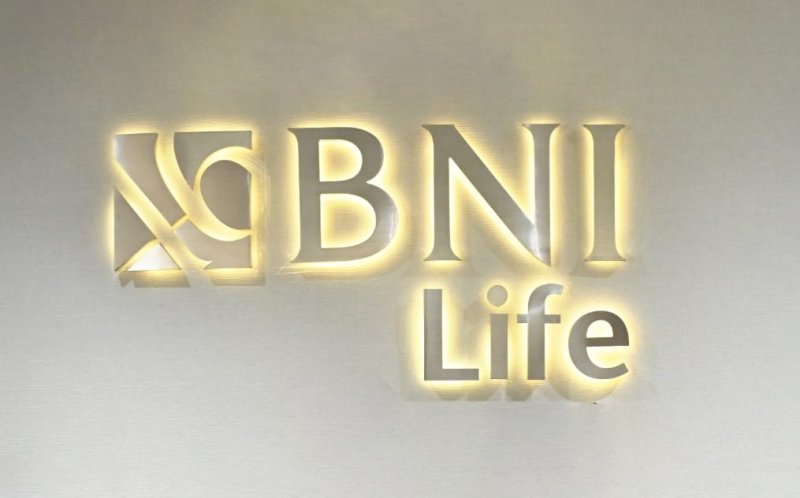
Life insurance company BNI Life recorded investment returns of IDR 723.61 billion as of July 2024. This achievement increased by 35.66% month-to-month (MtoM) from IDR 533.38 billion in June 2024.
Acting President Director of BNI Life, Neny Asriany, stated that this positive performance was achieved thanks to the strategies implemented by the company in line with the improving capital market conditions in Indonesia.
"There was a significant mark-to-market impact in July because both the stock market and bond market recorded positive performances. We were also active in trading to take profits with this market trend shift," Neny told Bisnis on Monday (19/8/2024).
Although already in the positive zone, she revealed that BNI Life aims to achieve even higher investment returns by the end of the year, targeting IDR 1.5 trillion. Neny mentioned that the company will continue to engage in active trading until the end of the year, especially during the anticipated interest rate cut, which will impact bond yields and prices.
"The challenges are geopolitical tensions and global economic uncertainties, which can pose challenges to the investment climate in Indonesia, as foreign investment still holds a significant portion in the Indonesian market," she said.
Another life insurance company that recorded monthly investment growth is Allianz Life. The company recorded investment returns of IDR 413.63 billion in July 2024, a 100% increase MtoM from IDR 206.73 billion in June 2024.
Director & Chief Financial Officer of Allianz Life Indonesia, Ong Le Keat, stated that the company will continue to pursue a long-term investment strategy and focus more on investing in bond instruments with higher security levels and more stable investment returns.
"We will continue to implement good governance, exercise caution, and apply dynamic strategies that prioritize risk management. Through this strategy, we believe we can provide good fund returns for our customers," he said in a separate statement.
Allianz Life also sees the improvement in Indonesia's capital market as an opportunity for better life insurance investment returns in the second half of 2024.
"We are optimistic about Indonesia's economic conditions, which can support the performance of the capital market. The economy remains relatively resilient, with economic growth able to stay around 5% in the first half of 2024 and inflation under control. This is mainly supported by growth in key sectors such as mining, construction, and trade," he explained.
On the other hand, he continued, some challenges that are expected to impact market performance include geopolitical tensions between Israel and Palestine, uncertainty over U.S. interest rate cuts, concerns over oil price volatility, declining global economic growth, widening budget deficits, Rupiah volatility in light of external factors, and investors' tendency to adopt a wait-and-see approach to the 2024 economy.
"Given the potential and opportunities, we remain optimistic about global and domestic economic conditions, particularly in the second half of 2024. We also hope that investment returns will grow along with the growth of investment assets," he said.
Previously, Chief Executive of Insurance, Guarantee, and Pension Fund Supervision at the Financial Services Authority (OJK), Ogi Prastomiyono, explained that life insurance investment returns in the first half of 2024 experienced a significant decline, reaching 29.99% year-on-year (YoY) to IDR 11.46 trillion. The largest decline in investment returns occurred in the unit-linked business line, particularly from investments in stocks and mutual funds.
In addition, Ogi explained that the decline in investment returns was also influenced by economic growth conditions, especially when investment flows in the capital market were under pressure.
"This impacted the capital market's performance, where the Composite Stock Price Index (JCI) fell by more than 6% from the beginning of the year," he elaborated.
Others News








